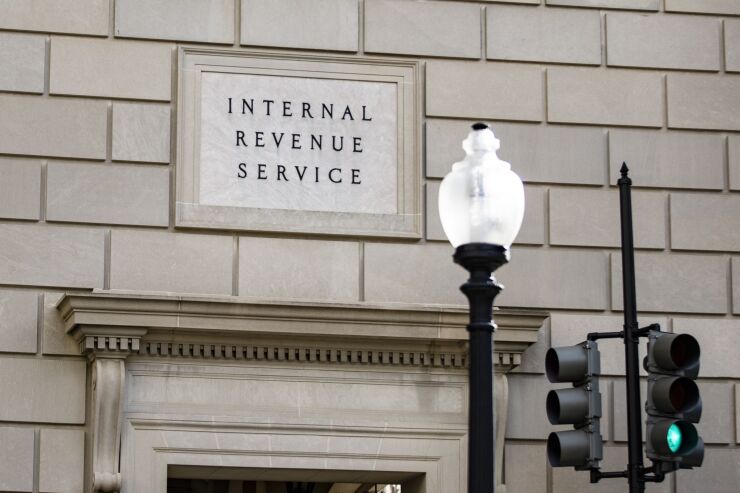The Internal Revenue Service's Exempt Organizations and Government Entities unit has published two new technical guides aimed at nonprofits, especially those that want to stay compliant and avoid audits.
The two new technical guides are:
TG 48: Unrelated Business Income Tax TG 14: Credit Unions and Mutual Reserve Funds IRC Section 501(c)(14) .
The guides are issue-specific documents that update and combine the

TG 48 includes information on unrelated business income and unrelated business income tax. TG 14 discusses the distinct tax exemption criteria of credit unions under Section 501(c)(14)(A) and mutual reserve fund organizations described under Sections 501(c)(14)(B) and (C) of the Tax Code.
The IRS said it's also offering a free 10-course workshop to help Section 501(c)(3) tax-exempt organizations and those that would like to apply for federal tax-exempt status.
The online training is free at
"Political campaign activity can jeopardize a Section 501(c)(3) organization's exempt status," the IRS said in an email Wednesday to exempt organizations. "This course provides examples of prohibited activities and explains steps an organization should take to avoid an inadvertent violation."





